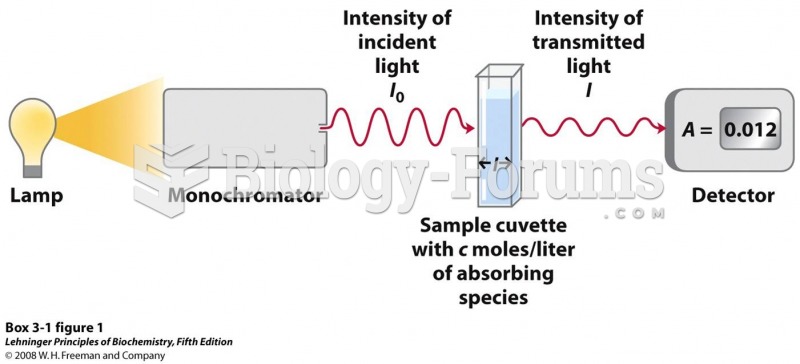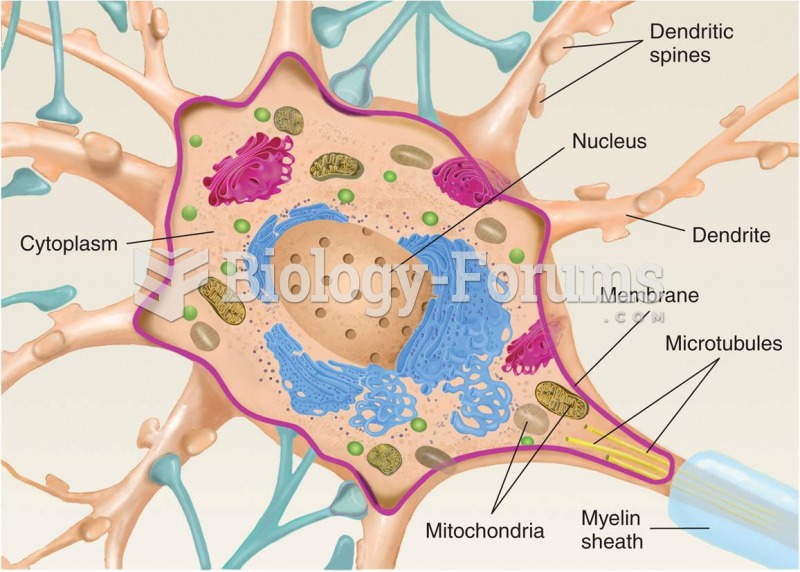|
|
|
Did you know?
In women, pharmacodynamic differences include increased sensitivity to (and increased effectiveness of) beta-blockers, opioids, selective serotonin reuptake inhibitors, and typical antipsychotics.
Did you know?
Vaccines prevent between 2.5 and 4 million deaths every year.
Did you know?
There are more nerve cells in one human brain than there are stars in the Milky Way.
Did you know?
All patients with hyperparathyroidism will develop osteoporosis. The parathyroid glands maintain blood calcium within the normal range. All patients with this disease will continue to lose calcium from their bones every day, and there is no way to prevent the development of osteoporosis as a result.
Did you know?
There are over 65,000 known species of protozoa. About 10,000 species are parasitic.







